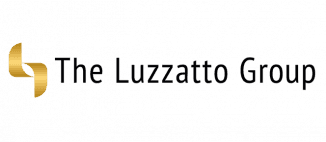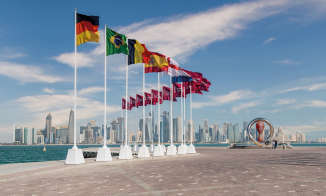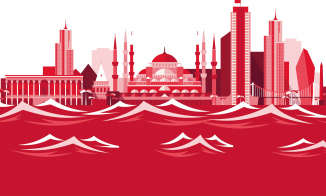It is evident that the year 2021 was a remarkable one for the Israeli tech industry. Multiple companies turned into unicorns and many already coined unicorns either went public or merged with Special Purpose Acquisition Companies (SPACs) on various stock exchanges worldwide. Still today, nearing the final quarter of 2022, Israeli-based companies continue to be a point of attraction and focus for domestic and foreign investors and strategic and financial acquirers alike, even amidst what some would consider a borderline-recession and during declines in the stock markets globally. Through this whirlwind, some of the desirable sectors we have seen continue to grow and entice interest from investors are data centre services, cyber security, artificial intelligence (AI) based technologies, online shopping and delivery services, agriculture technology and the food-tech industry.
Covid-19 led to a significant surge in demand for data centre services capable of hosting and channelling the enormous volume of cloud-based data and services being created. With social distancing mandates in force, countless employees, students, and consumers were required, or chose, to work, study and shop from the comfort and safety of their homes. The natural effect of this was the further shift of physical interactions to the online realm, resulting in companies and governmental agencies and organisations grappling to maintain operations despite use overload, or adapt to a practically virtual-only world. Data centres came into play as a solution for internet traffic, providing organisations with backup components and infrastructure for power supply, data communication connections, environmental controls, and various security matters. A recent significant transaction in this sector was the sale of 49% of Med-One Ltd’s share capital from the Livnat family (represented by our firm) to the prominent American private equity firm Berkshire Partners and the van Rooyen Group, for a consideration reflecting a company valuation of approximately NIS1.5bn, and we expect to see continued growth in all that is related to data centres and solutions. Continue reading “Sponsored briefing: Popular tech sectors of today’s transactions”
















